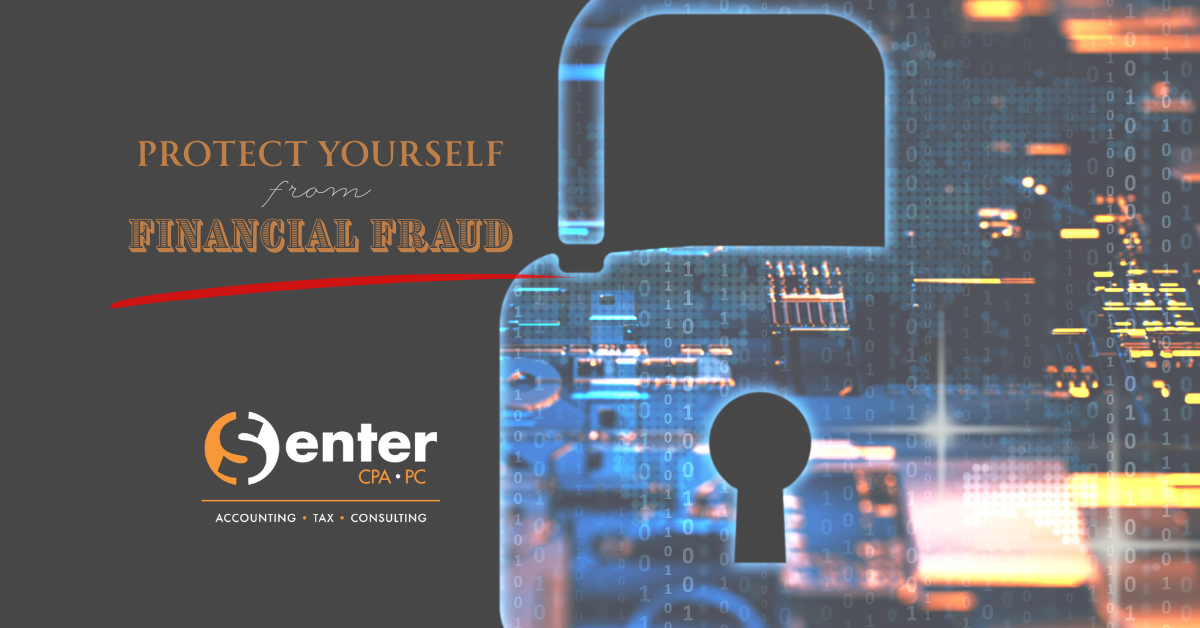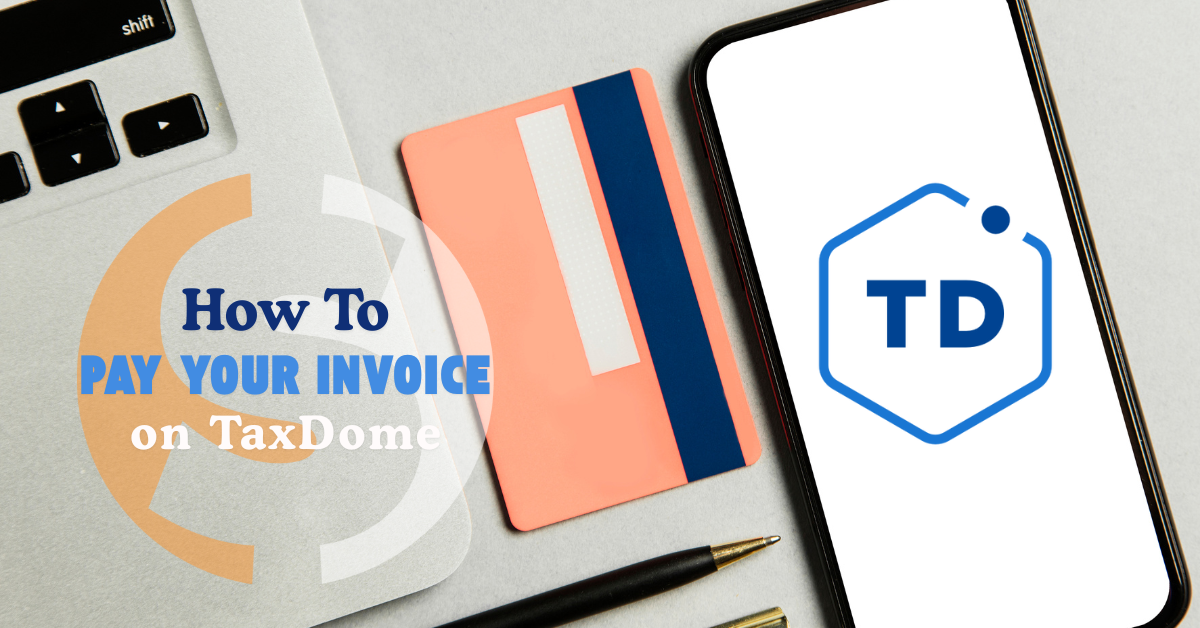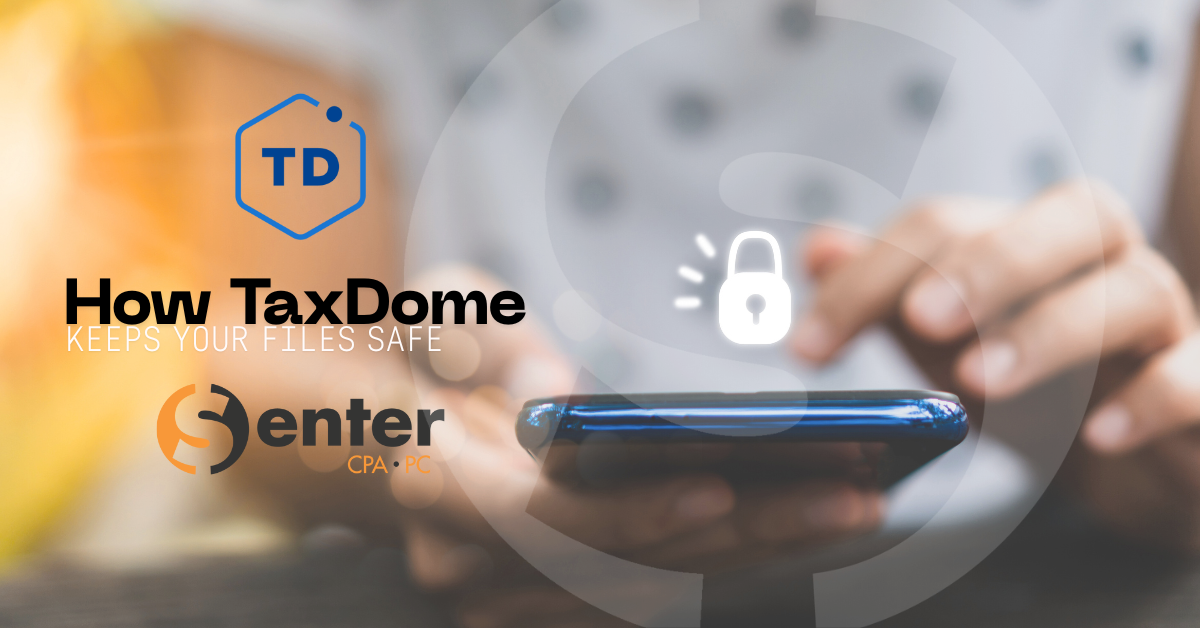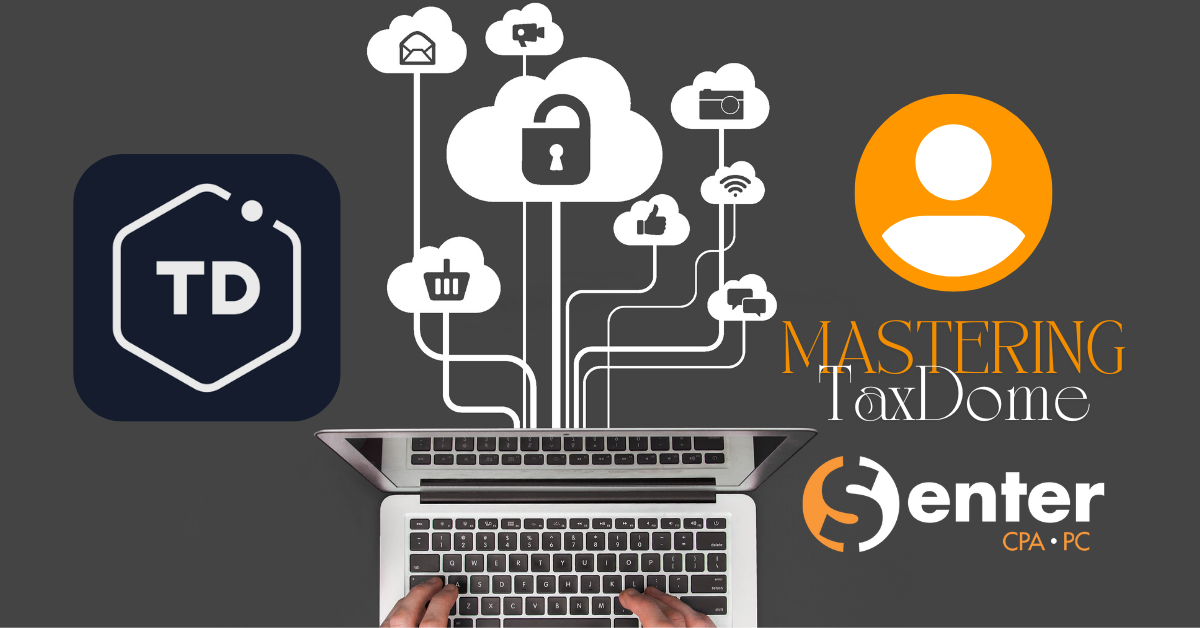Financial Fraud Protection
To safeguard yourself from personal financial fraud, stay vigilant about securing your personal information, regularly monitor your financial accounts, exercise caution during online transactions, and never share sensitive details with unfamiliar sources. Common types of fraud include identity theft, phishing scams, credit card fraud, and advance fee scams. If you fall victim, report the fraud to the authorities, notify your financial institutions, and take action to minimize any damage. In rare cases, such as gross negligence in handling personal information, a victim may be partially liable for the fraud.
Essential Steps to Prevent Personal Financial Fraud:
- Protect Your Personal Information:
- Avoid sharing sensitive details like your Social Security number, bank account numbers, or passwords via phone or email unless you initiated the contact and can verify the recipient’s legitimacy.
- Use strong, unique passwords for each account, and never reuse them.
- Shred documents with personal information before discarding them.
- Regularly Monitor Your Accounts:
- Frequently review your bank statements and credit reports for any unusual activity.
- Set up alerts to be notified of suspicious transactions.
- Be Cautious with Online Transactions:
- Only shop on websites with “HTTPS” in the URL for added security.
- Look for verification badges before entering payment information.
- Be cautious of unsolicited emails or texts requesting personal details.
- Know Common Fraud Schemes:
- Identity Theft: Fraudsters use your personal information to open accounts or make purchases in your name.
- Phishing Scams: Fraudulent emails or texts pretending to be from a trusted source to trick you into revealing sensitive information.
- Credit Card Fraud: Unauthorized use of your credit card information.
- Advance Fee Scams: Scammers request an upfront fee in exchange for a promised payout that never materializes.
- Telephone Scams: Scammers impersonate government officials or trusted organizations to extract money or personal details.
What to Do If You Become a Victim of Fraud:
- Report the Fraud:
- Immediately contact your financial institution to report fraudulent activity and freeze your accounts.
- File a police report, if necessary.
- Report identity theft to the Federal Trade Commission (FTC) and request a free credit report.
- Take Steps to Mitigate Damage:
- Place a fraud alert on your credit report to help detect further suspicious activity.
- Change passwords for any affected accounts.
- Dispute fraudulent charges with your credit card company.
When Can a Victim Be Held Liable for Fraud?
In rare instances, if someone shows gross negligence in managing their personal information—such as using weak, repetitive passwords for important accounts or failing to report suspicious activity promptly—they may be held partially responsible for the fraud.














